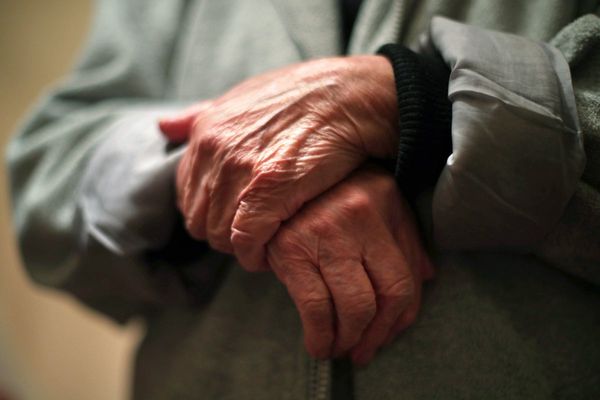OTTAWA — The parliamentary budget officer says the federal government has not set aside enough money to build a national child-care system aimed at expanding spaces and cutting fees.
The Liberals' budget last year set aside $29.8 billion in new spending starting this fiscal year through to 2026 for the Canada-wide system by sending money to provinces and territories to cover costs.
The lower levels of government are expected to receive $27.2 billion in federal funding over that time, with another $2.5 billion set aside for Indigenous child care.
Budget officer Yves Giroux's look at the child-care plan estimates that the $27 billion for provincial and territorial transfers isn't enough to meet expected demand.
While funding would subsidize nearly 500,000 spaces by 2026, Giroux says the funding gap means there will be nearly 182,000 fewer spots than needed to meet demand for the $10-a-day spaces.
The budget office expects demand for the spaces in licensed daycares to mirror what was seen in Quebec in the years after that province launched a provincially subsidized system.
Demand would be driven by more stay-at-home parents of young children jumping into the workforce, and incentivizing other parents to leave unlicensed care for subsidized spots.
Some demand could be met if unlicensed providers decide to make the switch to join provincial licensing rules, but Giroux said that would increase the overall cost of child care for governments.
In all, he expects the shortfall in federal funding to only amount to about $1 billion, but warns the gap will grow if it isn't addressed quickly.
Prime Minister Justin Trudeau on Thursday took part in an announcement with Manitoba Premier Heather Stefanson about how funds were affecting spaces and prices paid by parents in that province.
Trudeau said that the pandemic's effect on women in the labour force, when mothers left work to take care of young children as schools and daycares closed, helped drive the government's decision to invest more in child care than previously planned.
"It was really the impetus that allowed us to put forward a historic investment in the last budget, and to work so directly with so many provinces," Trudeau said.
The only province left to sign on to the child-care system is Ontario, which is in line to receive the biggest share of the funding pie.
The PBO estimated that the federal daycare funding would push share of the workforce looking for, or in a job up by 0.3 percentage points, boosting the country's output by 0.4 percentage points.
That growth would help pad federal coffers from new revenues with more people paying income taxes that Giroux estimates will total $1.5 billion over five years.
Federal spending on the income-tested Canada Child Benefit would also likely drop as family earnings rise by about $302 million over the same stretch, Giroux said.
This report by The Canadian Press was first published Feb. 3, 2022.
Jordan Press, The Canadian Press







